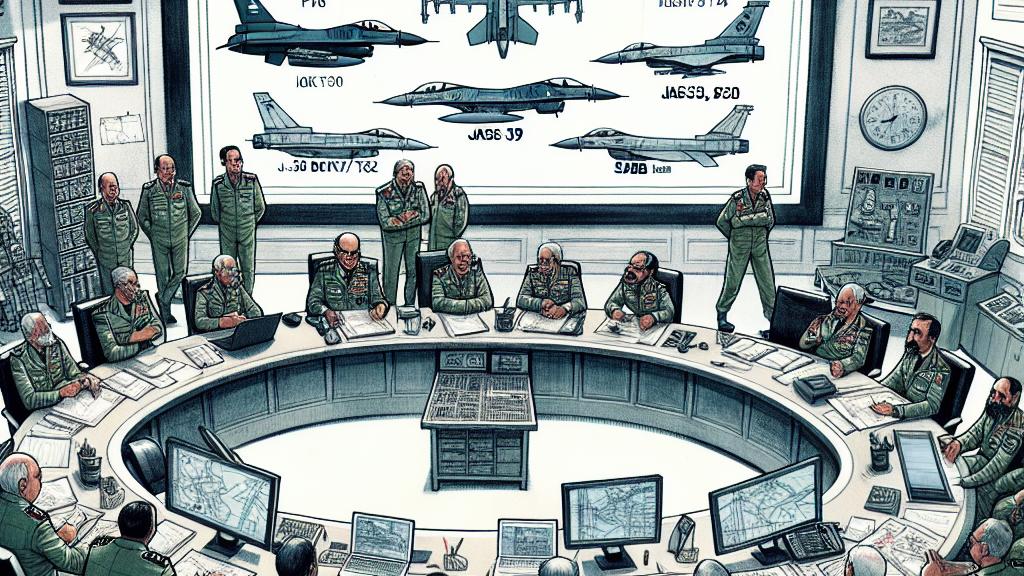F-16 Frenzy: Thailand's Battle for the Best Fighter Jet!
Overview
- Thailand debates between two fighter jets: F-16 and Gripen, for air force upgrade.
- US asked to provide offset policy information by August 20 to assist decision.
- Political and economic contexts play crucial roles in shaping military procurement.

Thailand's Pivotal Fighter Jet Decision
In the summer of 2024, Thailand stands at a crucial junction regarding its air force modernization. The country's Defence Minister, Sutin Klungsang, is seeking detailed information from the United States about offset policies related to the potential purchase of F-16 fighter jets by the August 20 deadline. This decision comes as Thailand aims to replace its aging fleet, which heavily relies on outdated F-16s. The government is weighing the merits of acquiring either the state-of-the-art F-16 Block 70/72 from Lockheed Martin or the JAS 39 Gripen from Saab. This evaluation not only focuses on the technical capabilities and costs of the jets, but also considers the long-term benefits of incoming offset agreements that could enhance Thailand's defense sector and stimulate economic growth.
The Significance of Offset Policies in Procurement
Offset agreements are an essential element of military procurement that influence the decision-making process drastically. These policies provide a framework where the supplier offers additional incentives beyond the purchase price, such as investment in local defense industries or technology transfers. A notable case is Poland, which, upon opting for F-16s in the 2000s, secured extensive offset benefits designed to revitalize its domestic defense sector. For Thailand, understanding these offset arrangements is crucial as they could significantly impact the country’s ability to develop its military capabilities and foster economic opportunities in the process, potentially altering the landscape of defense procurement in the region.
Political Dynamics Shaping Thailand's Military Choices
In Thailand, military procurement is intricately linked to the political environment. The previous military-backed government faced intense scrutiny over its spending decisions, especially regarding the much-debated submarine deal with China, which was perceived as unnecessary amidst economic challenges. The new administration under Prime Minister Srettha Thavisin reflects a shift in strategy, emphasizing the need to balance tactical military enhancements with diplomatic relations. The choice between the F-16 and Gripen is not merely about fighter jet capabilities but also about reinforcing ties with the US while managing the evolving relationship with China. This scenario illustrates the broader implications of defense procurement where national security interests often intersect with geopolitical considerations.

Loading...